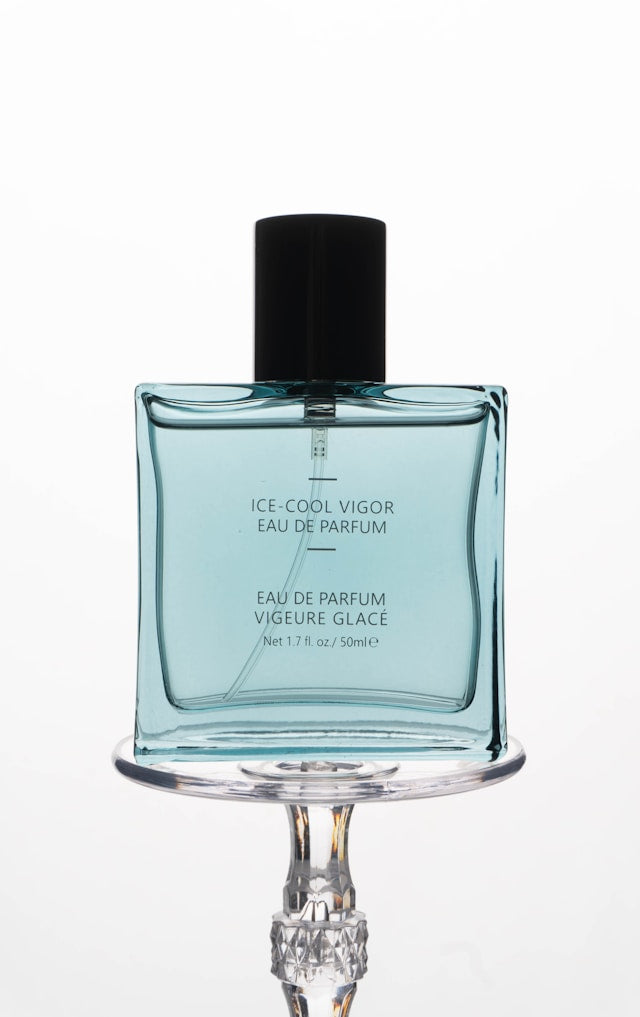What Impact Does Wearing Perfume Have on the Environment?
It's hard to imagine that something we spritz two or three times a day can leave a carbon footprint. A recent walk-through of the fragrance section of a department store had our team thinking of the environmental repercussions of our scent expressions. Let's unravel the environmental effects of wearing perfume and how it affects our planet.
-
Ingredients and Sourcing:
The journey begins with the ingredients. Many perfumes rely on a complex blend of natural and synthetic elements. Natural ingredients, such as floral and botanical extracts, can have a significant environmental impact due to issues like overharvesting and habitat disruption. Sustainable sourcing and ethical harvesting practices become essential to mitigate these concerns.
-
Carbon Footprint:
The production and distribution of perfumes contribute to carbon emissions. From the cultivation of raw materials to manufacturing and transportation, the fragrance industry has a carbon footprint. Opting for brands committed to eco-friendly production methods and sustainable supply chains can help reduce this impact.
-
Packaging Waste:
The allure of a beautifully designed perfume bottle often comes with a downside – packaging waste. Excessive packaging, including non-recyclable materials and elaborate designs, contributes to environmental pollution. Brands embracing minimalist and eco-conscious packaging designs can make a positive difference.
-
Synthetic vs. Natural Ingredients:
The debate between synthetic and natural fragrance ingredients plays a role in the environmental impact. While synthetic compounds may reduce pressure on natural resources, they can introduce concerns about the use of petrochemicals and potential long-term effects. The responsible use of both synthetic and natural ingredients is crucial for minimizing harm.
-
Allergens and Irritants:
Some fragrance ingredients, both natural and synthetic, may cause allergic reactions or skin irritations. Constant use of certain perfumes may lead to increased sensitivity. Opting for hypoallergenic or dermatologist-tested fragrances can reduce the risk of adverse effects on both individuals and the environment.
-
Animal Testing:
Historically, the fragrance industry has been associated with animal testing to ensure the safety of products. Ethical consumers often seek brands that are cruelty-free and committed to ending animal testing, contributing to a more compassionate and environmentally friendly industry.
-
Longevity and Overuse:
The concept of "sillage" refers to the trail or lingering scent left behind by a fragrance. While desirable, it raises concerns about overuse. Spraying excessive amounts of perfume can contribute to air pollution and impact indoor air quality. Practicing moderation and choosing long-lasting scents can help mitigate this effect.
As fragrance enthusiasts, it's essential to approach our love for perfumes with mindfulness and responsibility. By supporting brands that prioritize sustainable practices, ethical sourcing, and eco-friendly packaging, we can minimize the environmental impact of wearing perfume. Striking a balance between indulging in our favorite scents and caring for our planet ensures that the world of fragrances remains a source of joy without compromising the well-being of the environment.

